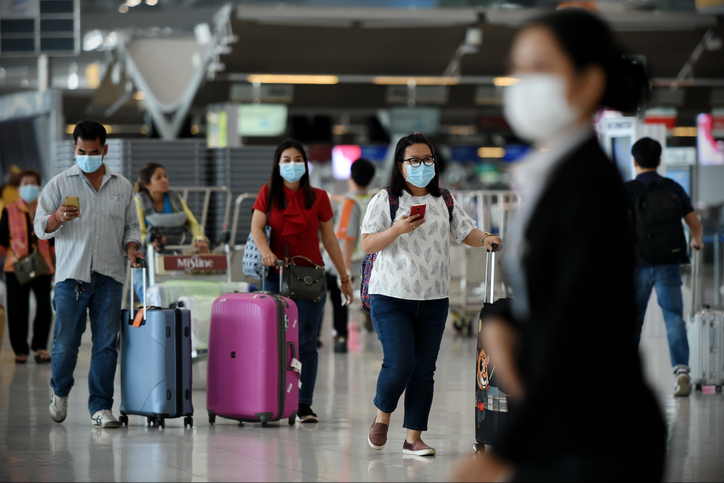The pandemic has wreaked havoc with overseas Filipino workers (OFWs) with a disturbing 83 percent of those who were returned to the Philippines still looking for a job.
This rate was calculated at an average of three months after repatriation.
The COVID-19 Impact Assessment on Returned Overseas Filipino Workers by the International Organization for Migration (IOM) has done an extensive research to understand the challenges and needs of migrant workers.
The 51-page report has accounts of more than 8,000 OFWs who came back after being displaced by Covid-19.
Conservative government figures cited in the government statistics say nearly 800,000 had reached the country by the end of December 2020, the IOM report said.
Among those interviewed for the report, around 16 percent said they bore travel costs to come back home, with females being more likely to finance and arrange the return journey themselves at 20 percent compared to 13 percent of males, according to news reports.
Nearly half or 48 percent of returning OFWs wanted to re-migrate overseas, while those choosing internal migration settled at a mere 2 percent, said the IOM report.
The COVID-19 pandemic, according to the report, led to a 75 percent reduction in the deployment of OFWs in 2020, which is the Philippines’ lowest deployment number ever in past three decades.
Nearly half of OFW returnees are facing a 60 percent decline in their household income, the report pointed out.
“The ongoing global COVID-19 crisis and border restrictions continue to have an “adverse impact” on human mobility with migrant workers and their remittance-dependent communities being some of the most vulnerable groups,” said Kristin Dadey, IOM Philippines Chief of Mission.




